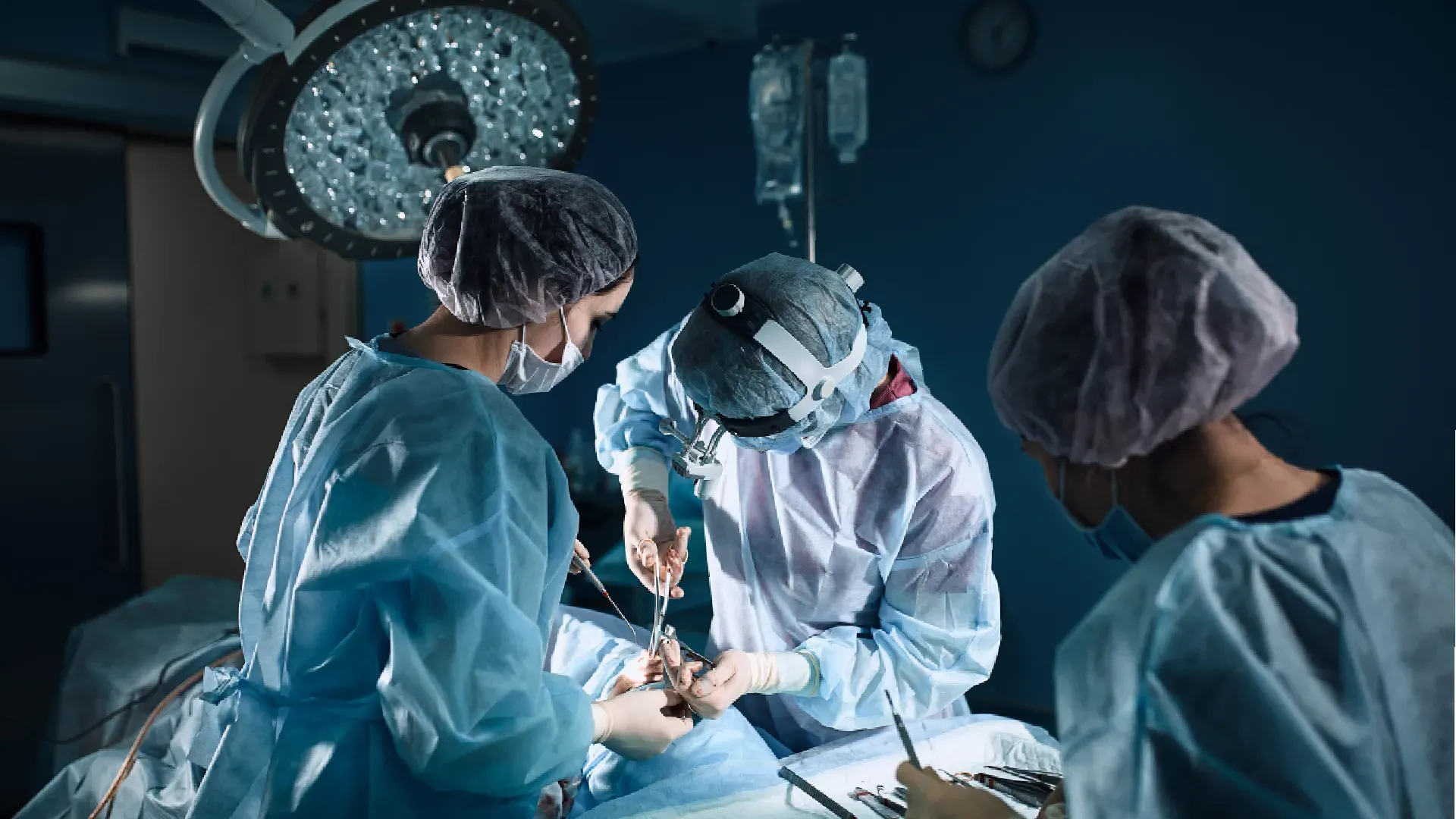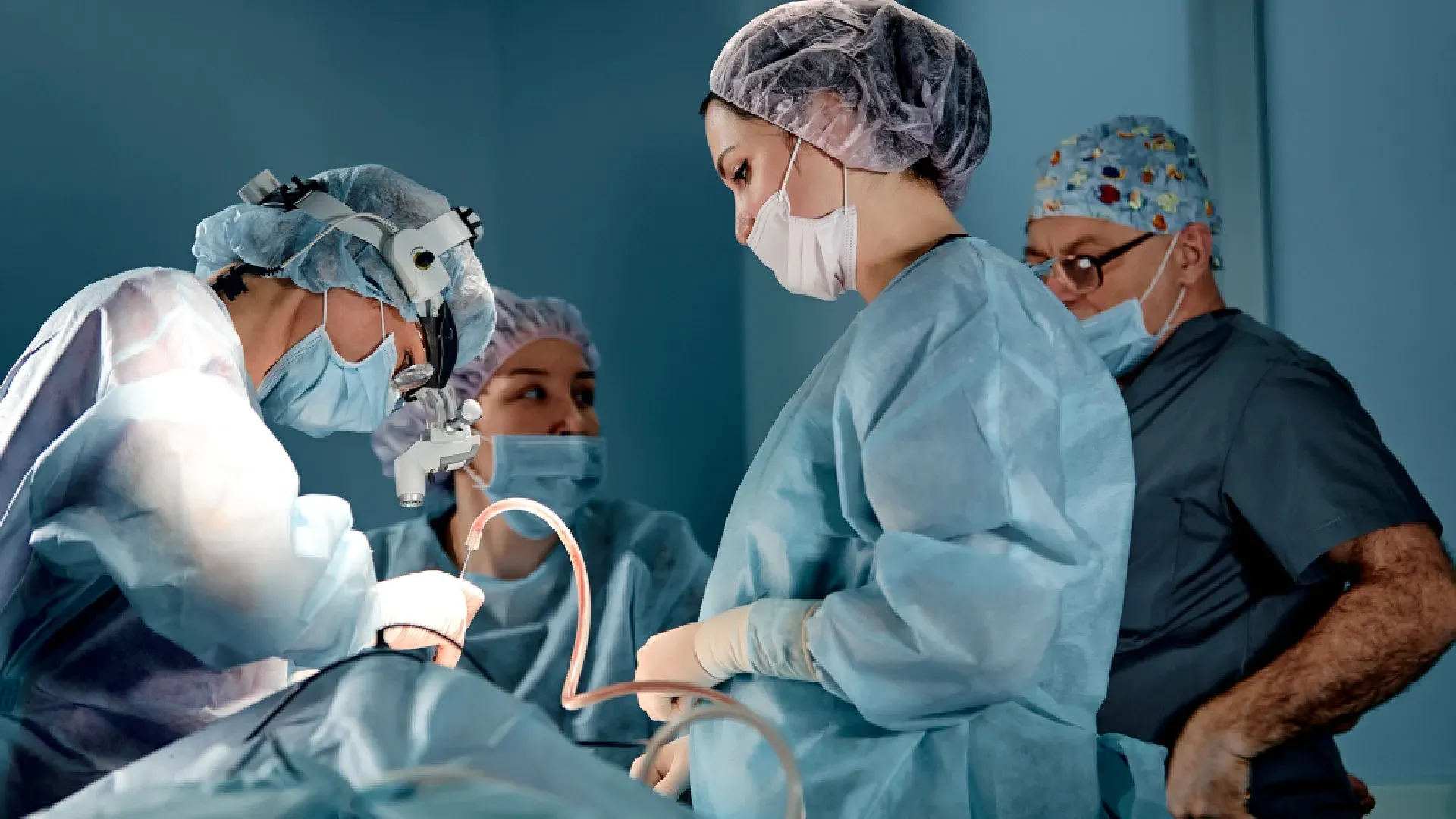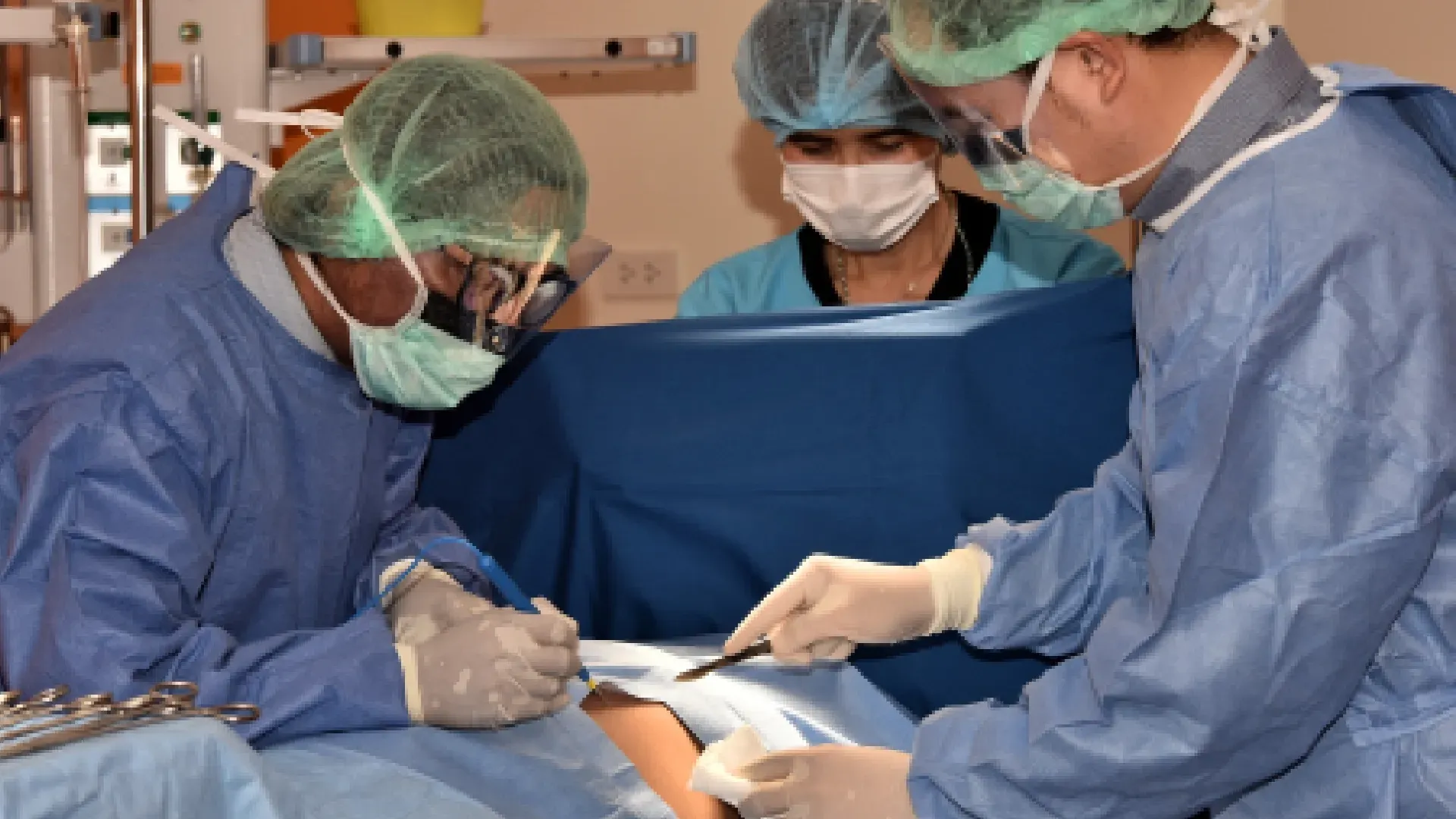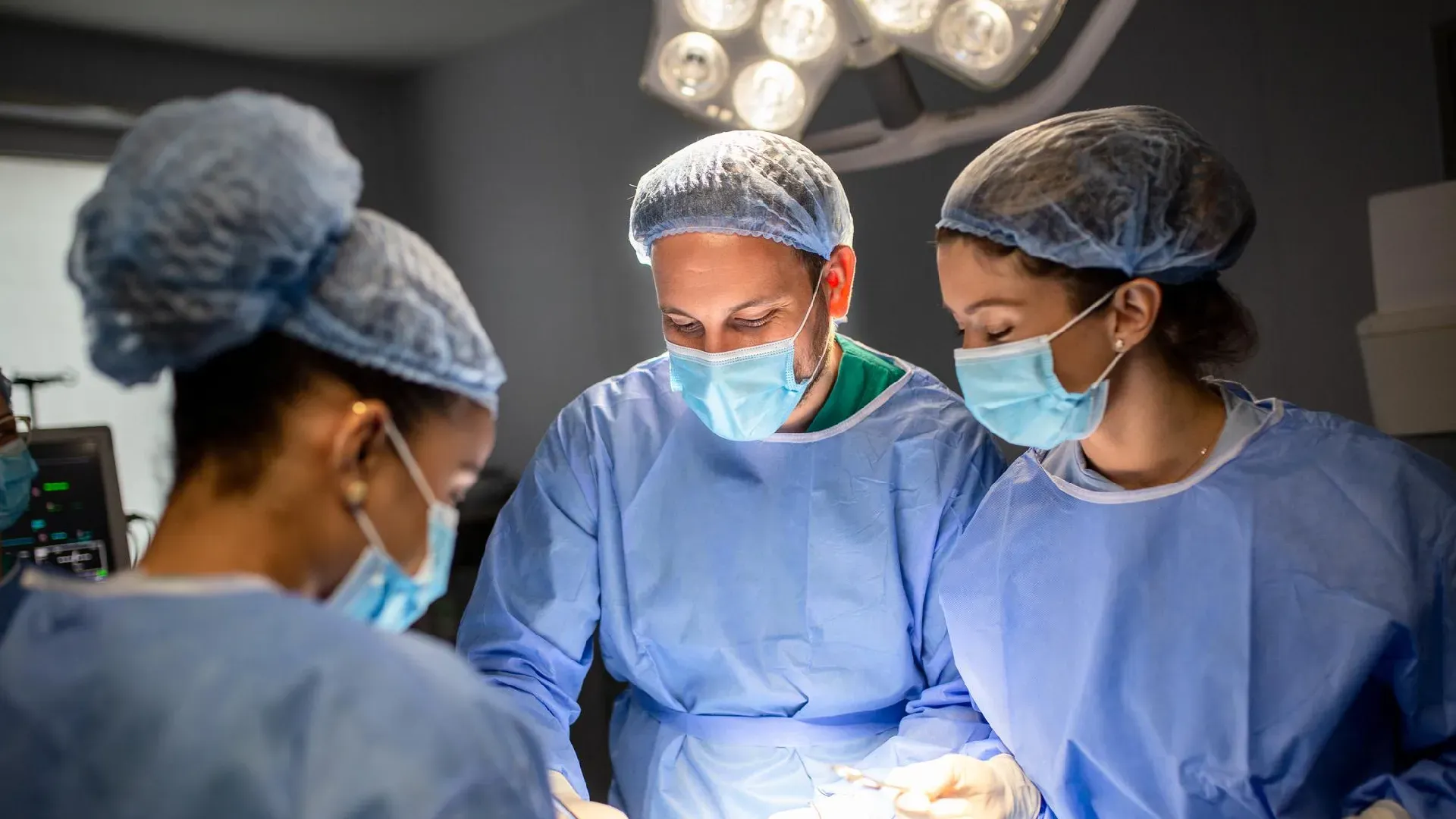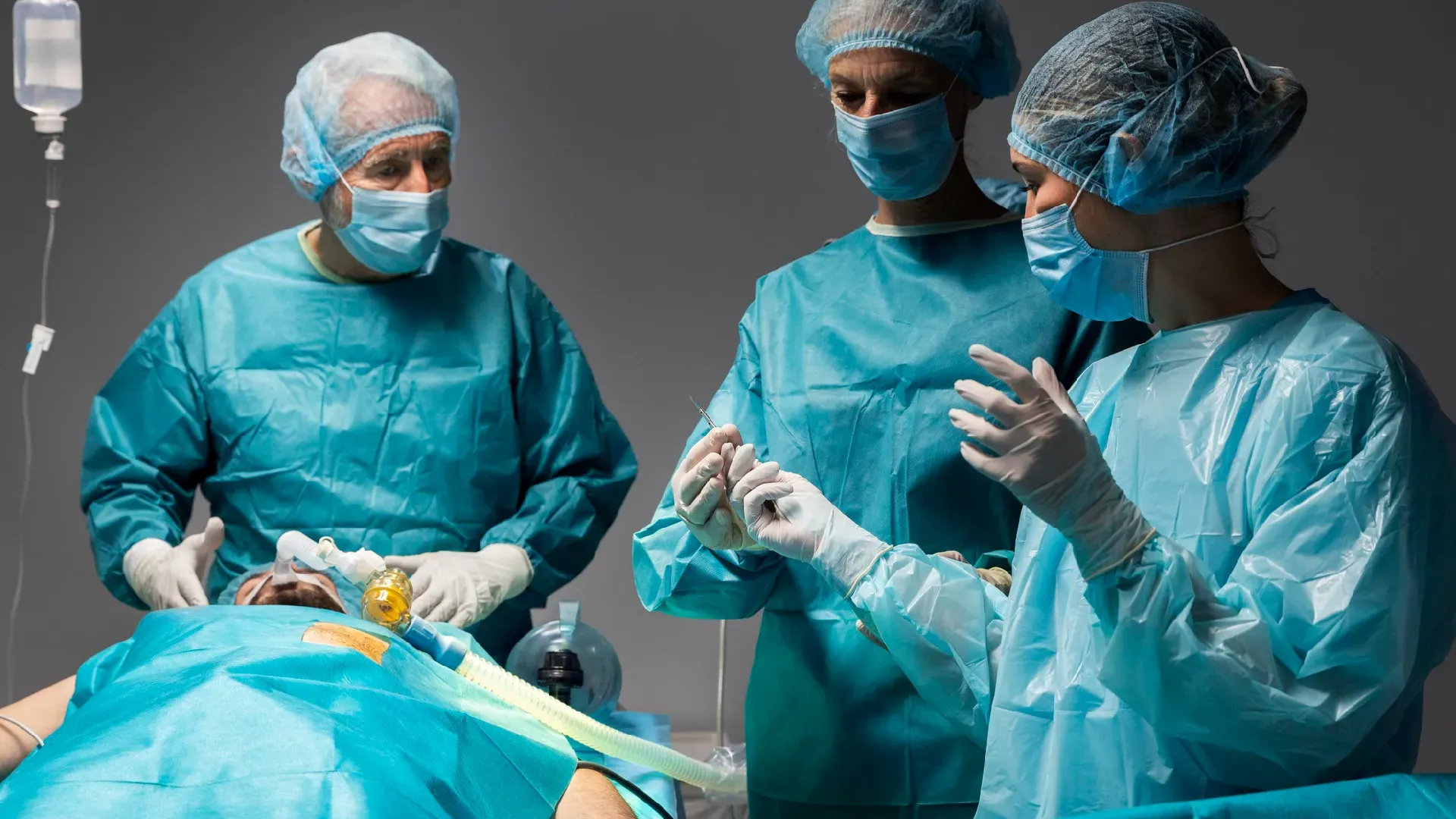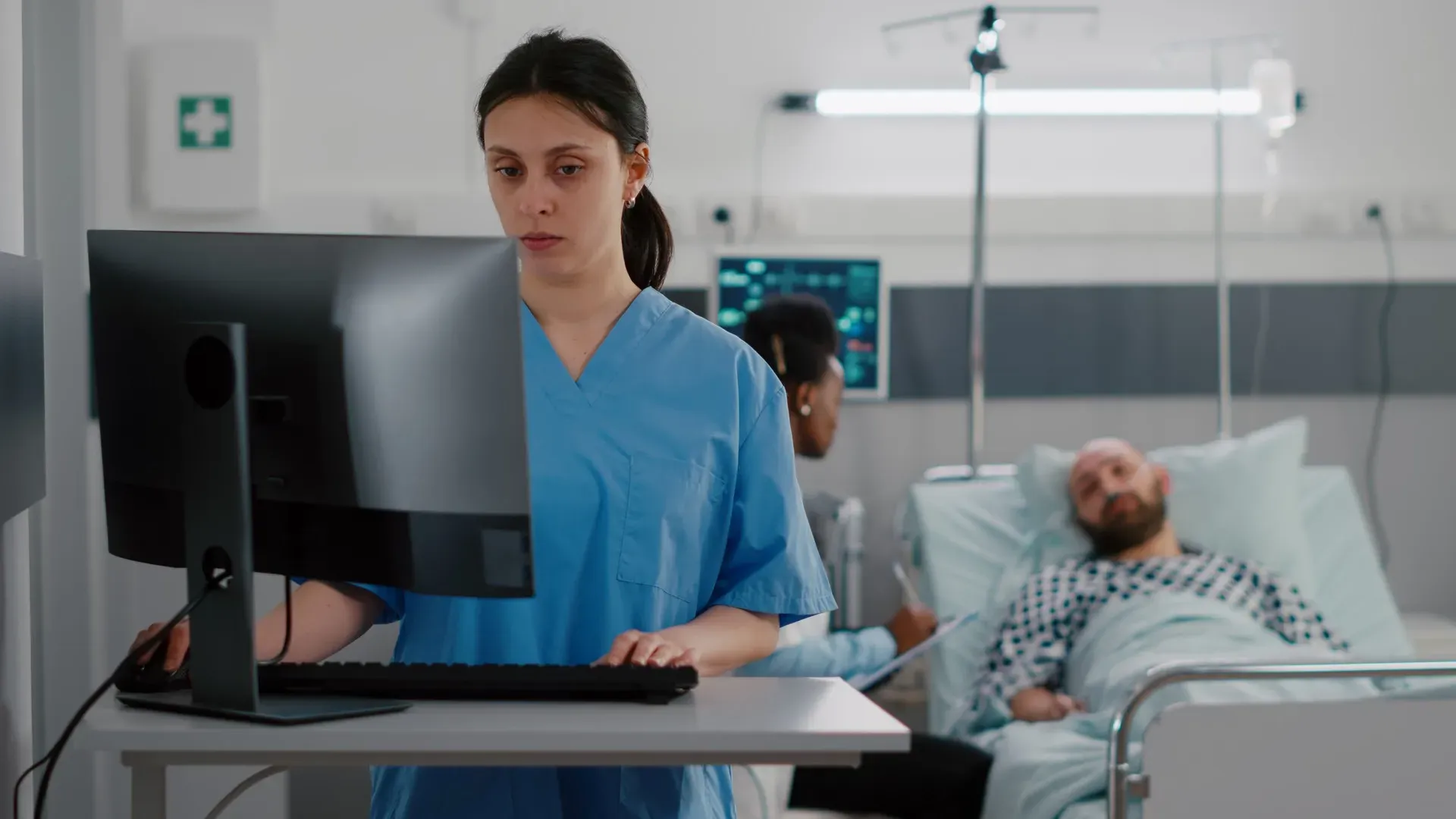The Evolving Role of Theatre Nurses: How Surgical Advancements Are Shaping Perioperative Nursing
Theatre nursing has always been a highly specialised field, requiring precision, teamwork, and the ability to perform under pressure. However, with rapid advancements in surgical technology, the role of theatre nurses is evolving significantly. From robotic-assisted surgeries to minimally invasive techniques and AI-driven patient monitoring, these innovations are transforming perioperative nursing and redefining the skills required to excel in the field.
In this blog, we explore how surgical advancements are shaping the role of theatre nurses and what healthcare facilities can do to ensure their teams remain at the forefront of modern surgical care.
1. The Impact of Robotic-Assisted Surgery on Theatre Nursing
Robotic-assisted surgery has revolutionised the operating room, allowing for greater precision, reduced recovery times, and minimally invasive procedures. However, this shift requires theatre nurses to develop new skills to support these advanced systems effectively.
How Theatre Nurses Are Adapting:
- Technical Training: Theatre nurses must learn to operate and troubleshoot robotic surgical systems, such as the da Vinci Surgical System.
- Instrument Handling: Nurses assist surgeons in setting up robotic instruments, ensuring that all equipment is correctly calibrated and sterilised.
- Real-Time Monitoring: During robotic procedures, nurses play a crucial role in monitoring the patient and assisting with unexpected complications.
Hospitals investing in robotic surgery must also invest in comprehensive training programs for their theatre nurses to keep up with these advancements.
2. Minimally Invasive Techniques and the Changing Role of Theatre Nurses
Minimally invasive surgeries (MIS), such as laparoscopic and endoscopic procedures, have become increasingly common due to their benefits, including shorter hospital stays, reduced pain, and faster recovery times.
How This Affects Theatre Nursing:
- New Equipment Handling: Theatre nurses must become proficient in using laparoscopic tools and camera systems.
- Enhanced Patient Monitoring: MIS procedures require nurses to closely monitor carbon dioxide levels, ventilation, and patient positioning to prevent complications.
- Sterile Field Management: With smaller incisions, ensuring a sterile field is even more critical to prevent infections.
Theatre nurses must undergo specialised training to manage MIS procedures effectively and support surgeons in performing these complex operations.
3. AI and Data-Driven Surgical Procedures
Artificial intelligence (AI) is making its way into the operating room, assisting in everything from real-time decision-making to predictive analytics for patient outcomes. AI-powered imaging and machine learning algorithms help surgeons navigate complex procedures with greater accuracy.
The Role of Theatre Nurses in AI-Assisted Surgeries:
- Interpreting AI Data: Nurses must be able to analyse AI-generated insights and relay critical information to surgeons.
- AI-Enhanced Patient Monitoring: Advanced AI monitoring systems track vital signs, alerting theatre nurses to any potential complications.
- Workflow Optimisation: AI can help streamline theatre operations, and nurses must adapt to new protocols that integrate AI-driven efficiency tools.
As AI continues to improve surgical precision, theatre nurses must be comfortable working alongside these new technologies while maintaining their hands-on patient care responsibilities.
4. Upskilling Theatre Nurses for the Future of Surgery
To keep up with the evolving demands of perioperative nursing, hospitals and healthcare institutions must prioritise continuous learning and development for their theatre nurses.
Key Training and Upskilling Initiatives:
- Advanced Certification Programs: Enrolling nurses in perioperative and robotic-assisted surgery courses.
- Simulation-Based Training: Using virtual reality (VR) and simulation labs to provide hands-on experience with new surgical techniques.
- Interdisciplinary Collaboration: Encouraging theatre nurses to work closely with surgeons, anaesthetists, and tech specialists to stay updated on the latest advancements.
By investing in upskilling initiatives, healthcare facilities can ensure that their theatre nursing teams are well-equipped to handle the future of surgery.
5. The Importance of Retaining Experienced Theatre Nurses
As surgical advancements continue to reshape perioperative nursing, retaining experienced theatre nurses becomes crucial. These professionals bring valuable knowledge, adaptability, and leadership to surgical teams.
Retention Strategies for Theatre Nurses:
- Competitive Salaries and Benefits: Offering attractive pay packages and incentives for specialised training.
- Work-Life Balance Support: Implementing flexible scheduling to reduce burnout.
- Professional Development Opportunities: Providing pathways for career growth and leadership roles within perioperative nursing.
Hospitals that focus on retaining their skilled theatre nurses will maintain high standards of patient care and operational efficiency in the face of evolving surgical practices.
Conclusion
The role of theatre nurses is changing rapidly as new surgical technologies reshape the operating room. From robotic-assisted procedures to AI-driven decision-making and minimally invasive techniques, theatre nurses must adapt to an increasingly tech-driven surgical environment. By investing in training, upskilling, and retention strategies, healthcare facilities can ensure that their theatre nursing teams are prepared for the future of surgery.
At Dispatch Nursing Agency, we specialise in recruiting highly skilled theatre nurses who are equipped to handle the latest surgical advancements. If your healthcare facility needs top-tier perioperative professionals, contact us today to learn how we can support your staffing needs.
O
Reason


